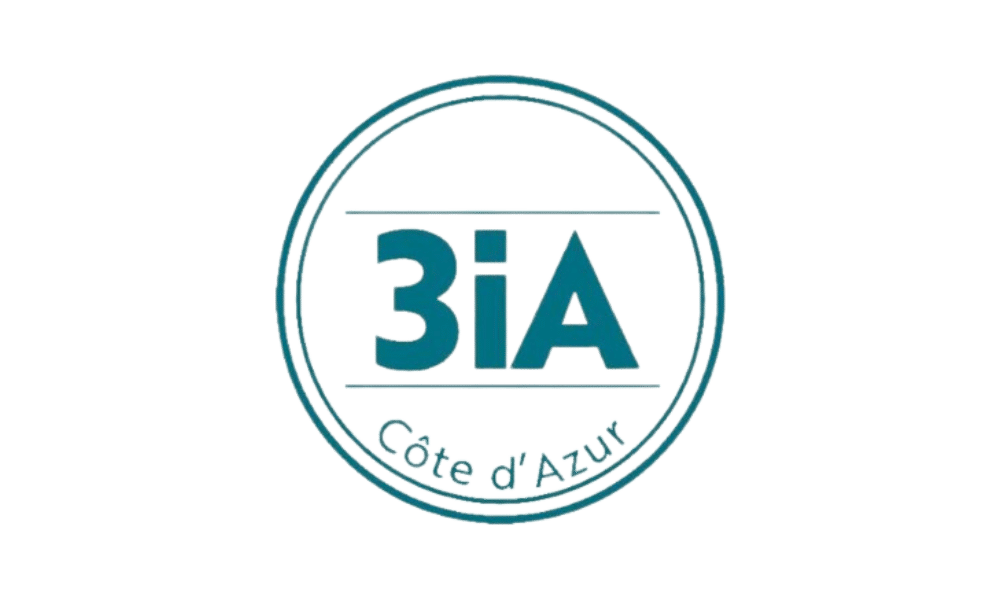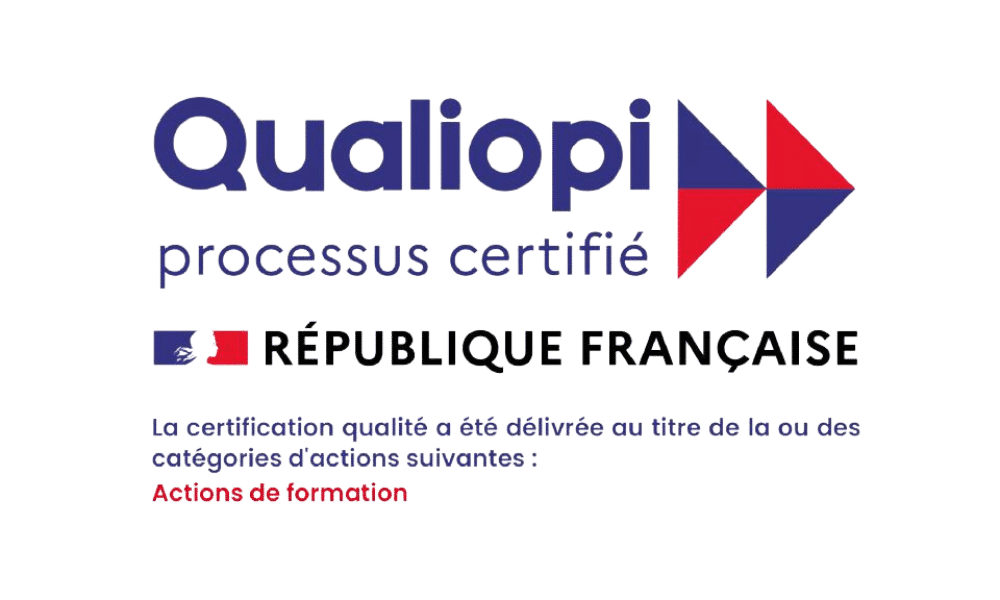Data ScienceTech Institute (DSTI) is dedicated to providing top-notch education in the field of Data and Artificial Intelligence.

Our curriculum caters to the needs of students all over the world who are interested in pursuing a career in Data and AI. While our Bachelor programmes are taught in French and English, our Master courses are entirely taught in English, which attracts applications from all around the world.
To ensure that all of our French and international students have a positive and fulfilling experience, we provide a range of services to support them throughout their studies, which are equally helpful for both groups of students.
For International students
At DSTI, we assist our international students in obtaining the required study visa in France. We offer guidance on visa application and are available to answer students’ questions. To determine if a student visa is needed
To simplify the process, we have partnered with a company called Feel Français. Once students are admitted, they will receive login credentials to access the platform. The company will verify the visa documents, guide students through the Campus France procedures, and provide tips for visa interviews.
For all students
DSTI understands that finding a suitable place to stay can be a challenge for our local as well as international students. Therefore, we offer assistance in finding suitable accommodation, including apartments, studios, and student residences.
To help our students, we have partnered with Studapart. They are leaders in providing accommodations across France for students. Accommodations booked on their platform are considered valid on French student visa applications.
For International students
DSTI offers an orientation document for enrolled students, which includes information on the school, the local area, and French culture. Additionally, it lists procedures for international students to complete before and after landing in France. Our partner Feel Francais will help you to complete the following procedures before you reach France. You may also complete them on your own once you reach France as they are optional.
For all students
DSTI provides a learning platform that allows individuals to attend lectures, study various subjects, take exams, and submit assignments.
Additionally, DSTI provides its students with a lifetime email account with the domain @dsti.edu.institute, which indicates their status as students. Finally, students also become lifelong members of the alumni group on Microsoft Teams, which enables them to seek and provide assistance to each other.
For International students
For International students, it is essential to complete the following administrative procedures to ensure a smooth stay. DSTI as well as our partner Feel Francais can help you to pay CVEC student tax.
CVEC stands for “Contribution de vie étudiante et de campus” in France, which translates to “Contribution to Campus and Student Life”.
It is a mandatory contribution that all students enrolled in a programme at a French higher education institution, whether public or private, must pay. The contribution is used to support and enhance the quality of student life on campus, including social, health, cultural, and sports activities, as well as financing prevention activities related to health.
Some students may be exempt from paying the CVEC, such as those who hold scholarships or refugee status.
One can pay CVEC when they have received the French student visa but still haven’t arrived in France.
When you arrive in France with a long-stay visa used as a residence permit (VLS-TS), it is crucial to validate it promptly. The visa validation process is entirely digital, and you can complete it remotely from your computer at home.
You have to validate your visa within three months of arriving in France.
To benefit from healthcare reimbursements in France, it is mandatory for foreign students to register with the French general social security system. The registration process is free and can be completed online by visiting the health insurance website dedicated to foreign students:
It is important to note that registration should be done immediately after completing the registration process at your educational institution and after the validation of your visa.
After registration, you will receive a “carte vitale” or social security card, which will enable you to receive reimbursements for your healthcare expenses. Additionally, you may also consider subscribing to a healthcare mutual to obtain better coverage for your medical expenses.
To assist students in paying their rent and expenses, they may be eligible for housing aid, such as Personalised Housing Aid (Aid personalisée au logement – APL), Social Housing Allowance (Allocation de logement sociale – ASL), and Family Housing Allowance (Allocation de logement familiale – ALF), which is provided by the Family Allowance Fund (Caisse d’allocations familiales – CAF).
To create their budget, students should calculate the housing aid they believe they are entitled to. They can also refer to the CAF guide, which offers comprehensive information through videos and question-and-answer sessions about the entire application process for student housing aid. After submitting their application, students can monitor its progress using the CAF smartphone app.
For all students
We recognize that some of our students may need additional language support. For French students pursuing Bachelor or even an apprenticeship in a Master, we offer English language classes to improve their language skills.
Similarly, international students can attend French language classes so that they gain a basic awareness of the French language and culture.
For all students
At DSTI, we provide career coaching to support our students in analysing their career situations and determining their professional objectives.
We offer job search assistance, review CVs and cover letters, and provide interview tips. Our connections with numerous companies in the data science and AI fields offer students opportunities for internships, professional networking, and jobs.
Also, we hold career events throughout the year and have a large and active alumni network for networking and professional development.
DSTI – School of Engineering
Private Higher Education Institution
As a front-runner in data and AI in France, DSTI offers an Applied Bachelor holding RNCP 6 accreditation. Our Applied MSc hold RNCP 7 accreditation. Further, DSTI is recognised under the 3IA Cote d’Azur Label for extensive AI content and proudly possesses Qualiopi RNQ certification, affirming quality of processes.



The Data ScienceTech Institute (DSTI) has formed strategic partnerships and affiliations with a number of key organisations, including the likes of AWS, SAS, Microsoft, Arts et Métiers, and 3IA Côte d’Azur. These partnerships are vital because they help keep our syllabus current and our resources updated. With these partners, we are better equipped to support our students as they advance their careers in data.







950 Route des Colles
Les Templiers
06410 Biot (Sophia-Antipolis)
Alpes-Maritimes, France
4 Rue de la Collégiale
75005 Paris
Île-de-France, France
+33 (0) 489 412 944
© 2024 All Rights Reserved.
At DSTI, we provide one-on-one online meetings with prospective students. Here we answer all their questions regarding our Applied Bachelors and Applied MSc courses.
At DSTI, we organize online group meetings where we share valuable information about our selection of Applied Bachelors and Applied MSc courses in data and AI.
DSTI organizes online group meetings to provide information about our range of Applied Bachelor and Applied MSc programs in data and AI.
Every Wednesday from 2PM to 6PM CEST, DSTI’s Paris Campus hosts an open day for all, no appointment necessary. Inquiries regarding admission, courses or other related topics are welcomed. We are delighted to provide answers to your questions.